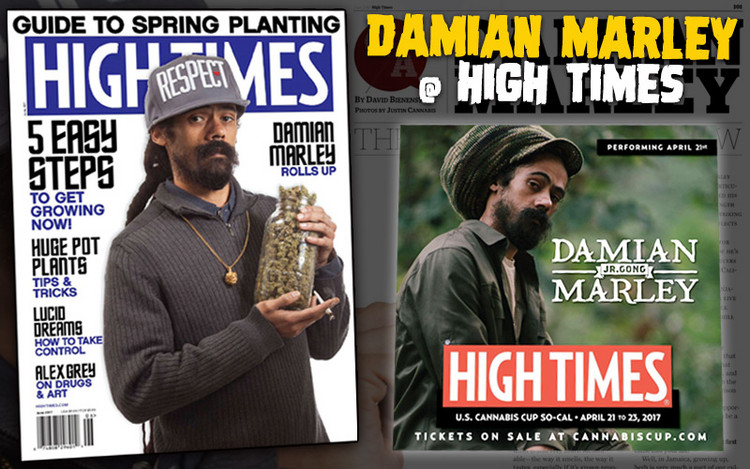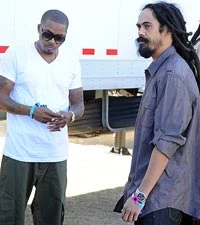
Gong” Marley first collaborated - on “Road to Zion” from Marley’s 2005 album “Welcome to Jamrock” - the pair knew it was inevitable they would come back for more. Still, this is a solid, serious collection of songs-the product of two thoughtful and ambitious musicians-and an album that doesn’t need a panel discussion to establish its importance.When rapper Nas and reggae star Damian “Jr. It’s also unclear whether Lil Wayne’s guest verse on “My Generation” is earnest (“A generation led by a black President / Now how’s that for change?”) or just phoned in (“Man I gotta keep it moving / To the beat of my drum”).

And on an album devoted to African musical history and crafted by two connoisseurs, a backing band would not have seemed at all out of place. It’s not all bliss at a few points, Marley’s programming feels overbearing and slick, and it’s hard not to imagine how the album would have sounded with more live instrumentation, which managed to give even Jay-Z’s curmudgeonly “Death of Autotune” such incredible immediacy. The original song, after all, was produced by Damon Albarn: Surrounded by Marley’s soulful flow, the sample sounds like something straight out of Bollywood. The mournful “Wisdom” is another highlight that stays true to African music (it features a prominent sample from Amadou & Mariam’s “Sabali”) without feeling bound by it. From there, the two emcees trade rhymes (Nas: “Real revolutionary rhymers” / Marley: “Rhythm piranhas” / Nas: “Like two Obamas / Unfold the drama”) over a pulsing beat and the occasional chant. “As We Enter,” the album’s opening (and best) track, is a case study in flawless collaboration it offers up as Distant Relatives’ first sound a horn sample that evokes Fela Kuti or a Bernard Herrmann film score-an expansive tune rooted in Afrobeat tradition, which seems just right for these two, who make quite clear their interest in the links between the genres. But aside from the occasional handclap (the perfect accompaniment to Nas’ breathy, urgent delivery) Relatives lacks much of the rapper’s sonic signature instead, we get plenty of reggae, Afrobeat-inspired percussion, keyboards, and Marley’s programming-some elegant, some excessive. Though most of the song’s vocals were Marley’s, “Zion” sounded a lot like a Nas track-eerie, atmospheric, minor key. Nas and Marley first collaborated on “Road To Zion,” from Marley’s 2005 album, Welcome to Jamrock. Even more unexpectedly, Nas seems perfectly content to let Marley take the reins the latter gets more verses and handles all-important production duties with his brother Stephen. But there’s very little ego evident on an album that could easily have had double the dosage. Relatives finds Marley and Nas in surprisingly humble form at this point, the multiplatinum Queensbridge rap giant and the multi-talented, Grammy Award-winning son of Bob can sell out anything from amphitheaters to, well, panel discussions.


about the diverse roots of hip-hop, with Relatives as the event’s focal point.Īll this talk is tossed aside by the album itself, which very rarely sounds “important” and mostly just sounds like a lot of fun. And last December, the National Geographic Society hosted a panel in D.C. And it’s not just Universal’s press kit doing the talking: During an on-stage discussion at the Grammy Museum last year, Nas and Marley made clear that this would be an entirely new and unique record. Read enough pre-release commentary, and you might begin to think that Distant Relatives, Nas and Damian Marley’s new collaborative album, is unprecedented, transformative, and revelatory-not because it features great music, but merely because it exists. Two heavyweights leave their egos at the door


 0 kommentar(er)
0 kommentar(er)
